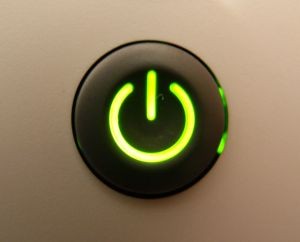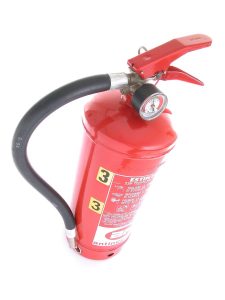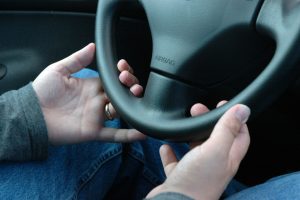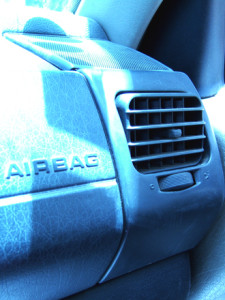When a 23-year-old woman who was eight months pregnant got in her 2003 Jeep Liberty, she had no idea was riding in what was essentially a ticking time bomb. The National Highway Traffic Safety Administration (NHTSA) found that a defect in the placement and design of the fuel tank in over 1.5 million Jeeps could lead to a fuel leak if the vehicles were hit from behind. This could cause the leaking fuel to explode resulting in a fire. NHTSA estimates this serious defect resulted in no less than 37 fatal traffic crashes involving Jeep Grand Cherokee vehicles manufactured between 1993 and 2004 and Jeep Liberty models made between 2002 and 2007 according to a report by NBC News.
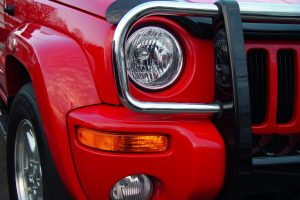 When this expectant mother was driving her Jeep Liberty and hit from behind, the impact caused the plastic fuel tank to rupture resulting in an explosion and subsequent fire. When first responders arrived at the scene of this fiery wreck, there was nothing they could do for her or her unborn child and she was soon pronounced dead. Investigators found the plastic fuel tank had not only been punctured in the crash, but had completely melted as a result of the fire.
When this expectant mother was driving her Jeep Liberty and hit from behind, the impact caused the plastic fuel tank to rupture resulting in an explosion and subsequent fire. When first responders arrived at the scene of this fiery wreck, there was nothing they could do for her or her unborn child and she was soon pronounced dead. Investigators found the plastic fuel tank had not only been punctured in the crash, but had completely melted as a result of the fire.
 Product Liability Lawyer Blog
Product Liability Lawyer Blog


